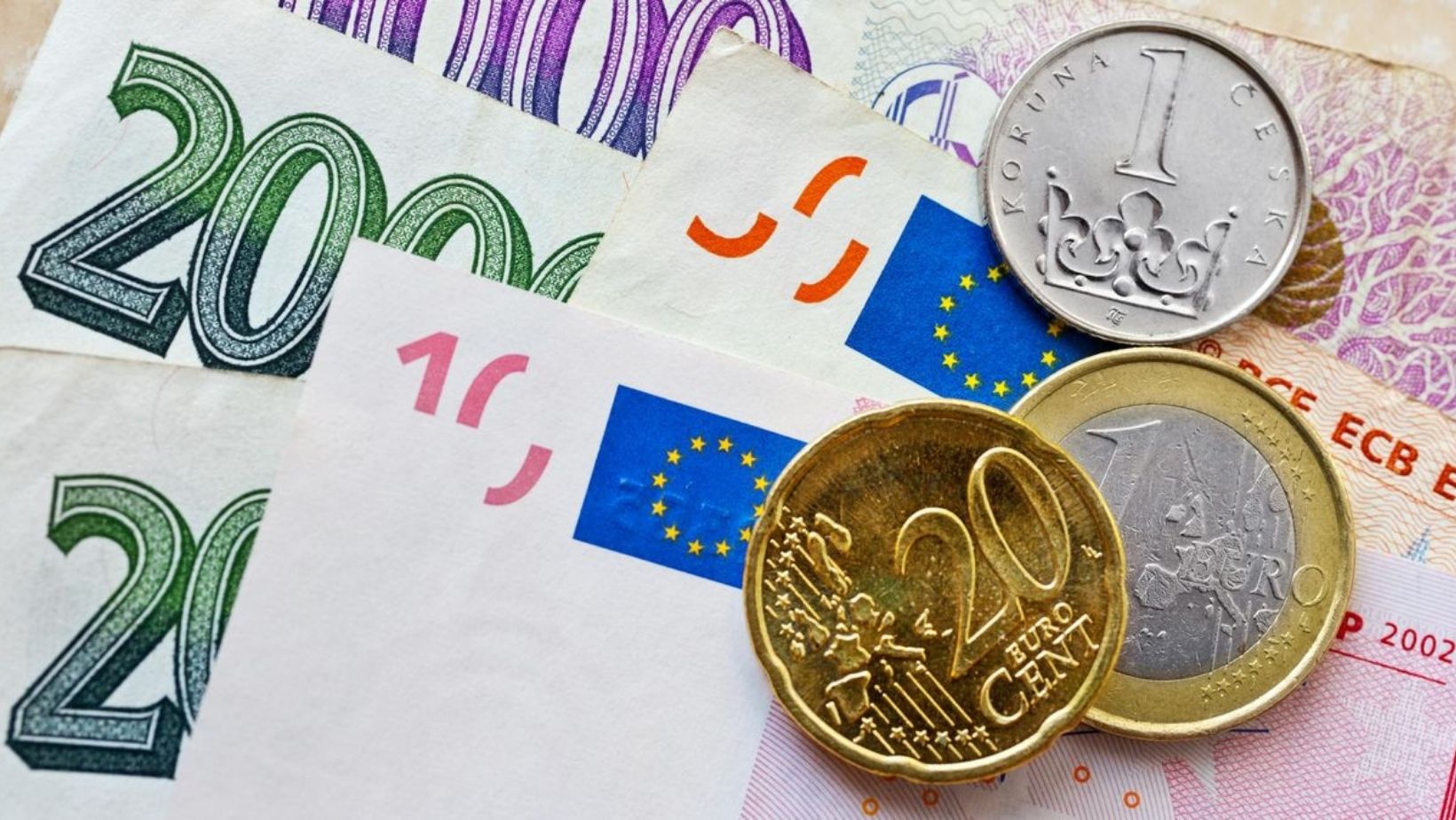Bulgaria Is Heading for the Eurozone. Should the Czech Republic Join?
Prague Morning

Bulgaria is set to join the eurozone in January 2026, after meeting all the necessary criteria.
The European Commission, European Central Bank, and EU finance ministers confirmed the country’s readiness in June. Bulgaria’s currency, the lev, has been pegged to the euro since 1999, so this move finalizes its long-standing monetary policy approach and gives the country full voting rights within the ECB Governing Council.
However, public opinion in Bulgaria remains divided. Nearly half of the population opposes the euro, mainly due to concerns over price increases — similar to what Croatia experienced after switching to the euro in 2023 — and fears about losing national control over economic decisions.
Czechia Maintains the Koruna – But Moves Closer to the Euro in Practice
Unlike Bulgaria, the Czech Republic has taken no concrete steps toward joining the eurozone, despite being formally committed to adoption since entering the EU. Along with Poland, Hungary, Romania, and Sweden, Czechia has delayed entry indefinitely, citing political and economic concerns.
Support for adopting the euro remains consistently low. In 2024, just 20% of Czechs supported euro adoption, while 80% were opposed. Around half of those were strongly against it. The main reasons include fear of rising prices, a loss of monetary independence, and the desire to retain the koruna as a national symbol.
Yet Czechia is already seeing some of the benefits of euroization without formally adopting the currency. Since January 2024, businesses can hold accounts, calculate taxes, and make payments in euros, pounds, or dollars. This option gives export-oriented companies more flexibility, helping them reduce currency risk while the country retains full monetary control.
Independent Policy as a Strategic Advantage
The Czech National Bank (ČNB) has used its independence to react more quickly than the ECB to inflation. In recent years, the ČNB raised interest rates earlier and more sharply than the ECB. The floating exchange rate of the koruna also acts as a shock absorber, allowing for adjustments during economic turbulence without changing interest rates.
At the same time, real convergence is still incomplete. Czech wages and prices are still below those in most eurozone countries. Introducing the euro too soon could cause domestic prices to rise faster than income, reducing consumer purchasing power.
Deeper Integration Carries Risks
Joining the eurozone is no longer just about monetary policy. Over time, it has also become a political issue, creating tensions between member states over joint debts, financial transfers, and budget rules. The original Maastricht criteria have been broken repeatedly, and the eurozone is gradually moving toward a fiscal union, which involves both potential benefits and long-term financial risks.
While the euro facilitates trade and increases investor confidence, it has not replaced the U.S. dollar as the global reserve currency. The euro still accounts for about 20% of global foreign exchange reserves, well behind the dollar’s dominant position.
No Urgency for Change in Czechia
Although the Czech Republic remains officially committed to joining the eurozone, there is no political or public pressure to act. The economy continues to function well with the koruna, and the government has found legal ways to integrate euro usage in areas where it benefits businesses.
In the current economic environment, caution may be the smarter strategy. The eurozone is still facing internal challenges, and the global economy remains unstable. For now, Czechia appears to be gaining many of the benefits of euro membership without taking on its potential risks.
Czech companies that trade in euros have been able to keep their accounts in the single currency for more than a year. Adopting the euro therefore, does not bring any fundamental new advantage; it would only limit the flexibility of monetary policy.
Article by Matěj Novák, CEO of the payment company EasyChange.
-
NEWSLETTER
Subscribe for our daily news








